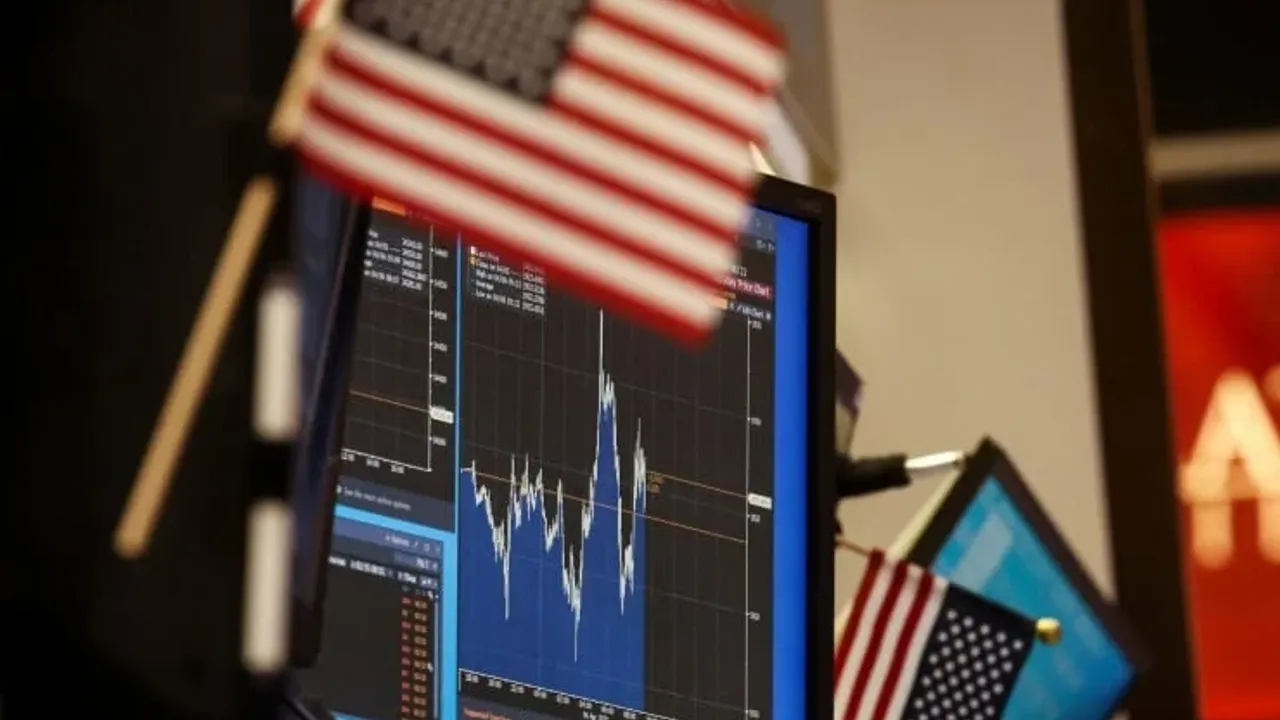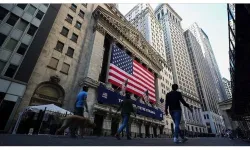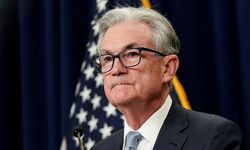The eyes of the markets turned to the Fed, which will hold its first meeting of the year.
Rabobank Senior US Strategist Philip Marey stated that the Federal Open Market Committee (FOMC) will remain on hold tomorrow, reiterating its commitment to data and its intention to proceed carefully.
"The focus will be on how much Powell will resist the market's expectations of an early rate cut again at the press conference." Marey stated that the first rate cut could take place in June.
Marey said that after June, the Fed could continue to cut rates by 25 basis points every quarter.
Stating that the strong growth figure of 3.3 percent for the last quarter of 2023 shows that economic activity is resilient after the technical recession in the first half of 2022 and is only moderately affected by the Fed's rate hike cycle, Marey said that personal consumption expenditures performed solidly in the second half of 2023.
Noting that real policy rates have been positive and non-restrictive for a long time, so there may still be a slowdown in economic growth through 2024 and possibly a shallow recession, Marey said, "However, the downward revision in economic momentum and unemployment data in the fourth quarter of 2023 suggests that we may need to shift our recession forecast to a slightly later date than the first and second quarters of 2024. This also makes it less likely that the FOMC will opt for an early rate cut.
"POLICY MAKERS MAY NEED MORE DATA"
Chris Rupkey, Chief Economist at FWD Bonds, stated that interest rate cuts were not discussed at the Fed meeting in December but will definitely be a hot topic at the January meeting.Reminding that the rate of increase in core personal consumption expenditures slowed to 2.9 percent, Rupkey said, "Core personal consumption expenditures will get closer to the target in the coming months and will give the Fed a chance to cut interest rates for the first time in May or June of this year.Rupkey said policymakers would probably need more data before cutting rates."MAY WAIT UNTIL MAY"Berenberg Chief Economist Holger Schmieding predicted that the Fed would remain on hold at the January meeting.Stating that the first interest rate cut could be in May at the latest, Schmieding stated that if core personal consumption expenditures fall further, the first interest rate cut could take place in March.ING international chief economist James Knightley noted that March may be too early for a rate cut, given the strong growth and tightness of the labor market.
For this reason, the recent comments of Fed officials downplaying the possibility of a rate cut in the near future are not surprising, Knightley said, adding that the Fed could wait until May.















